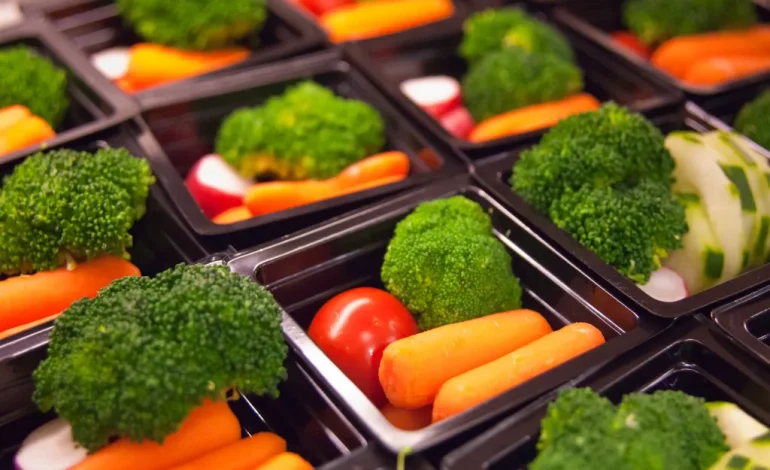A new legislative effort is underway in Wyoming to enroll the state in the federal Summer Electronic Benefit Transfer (SUN Bucks) program, a USDA-funded initiative designed to provide low-income families with grocery benefits during summer months when school meals are unavailable, Wyoming News Now reports.
House Bill 341, titled “Summer Nutrition Assistance for Children,” has advanced from the House Transportation, Highways & Military Affairs Committee and will now move to the House floor.
The bill, sponsored by Lander Republican Rep. Loyd Larsen, aims to address childhood hunger by issuing families a $120 per-child debit card to purchase groceries during the summer. Larsen emphasized the efficiency of the program, stating:
“The most efficient, effective way to get food to those kids is really through those cards. It works.”
The bill aligns with First Lady Jennie Gordon’s Wyoming Hunger Initiative, which focuses on combating food insecurity in the state. Although First Lady Gordon was unable to attend the recent legislative meeting due to a medical emergency, she reportedly planned to express support for the proposal.
The Wyoming Department of Family Services and the Department of Education would oversee the program’s implementation, determining eligibility and administering federal funds. Director Korin Schmidt of the Department of Family Services highlighted the importance of the program, stating:
“This is approximately $3.8 million of federal benefit directly to local communities.”
Wyoming was one of 15 states to decline participation in the program last year. Superintendent of Public Instruction Megan Degenfelder previously expressed reservations, characterizing the program as a welfare initiative. She suggested that Wyoming should improve its existing programs rather than adopt a new federal framework.
“I will not let the Biden administration weaponize summer school lunch programs to justify a new welfare program,” Degenfelder said in early 2024. “Thanks, but no thanks. We will continue to combat childhood hunger the Wyoming way.”
Support for the bill has come from several organizations and community leaders. Jackie Semmens, government relations director for the American Heart Association in Wyoming, voiced her support, noting that “Summer EBT is a great way for families to meet children’s nutritional needs.” The Northern Arapaho Business Council also backed the bill.
However, some lawmakers raised concerns about what types of foods could be purchased with the benefits. Under existing guidelines, the program allows the purchase of fruits, vegetables, dairy products, and snack foods but excludes hot foods, pet food, household supplies, and medication.
Freshman Rep. Reuben Tarver, R-Gillette, attempted to amend the bill to restrict beneficiaries from buying sugary sodas and mandate purchases of Wyoming-made products. After lawmakers deemed enforcement impractical, the product-origin provision was struck, but restrictions on soft drinks and conditions on federal funding were included.
If passed, the bill could significantly bolster food security for families across Wyoming by leveraging federal resources to bridge the gap in nutrition during summer months. Advocates see it as a practical and impactful solution, while others remain cautious about federal involvement and spending restrictions. The bill’s fate now rests with the full House deliberations.










The latest news in your social feeds
Subscribe to our social media platforms to stay tuned